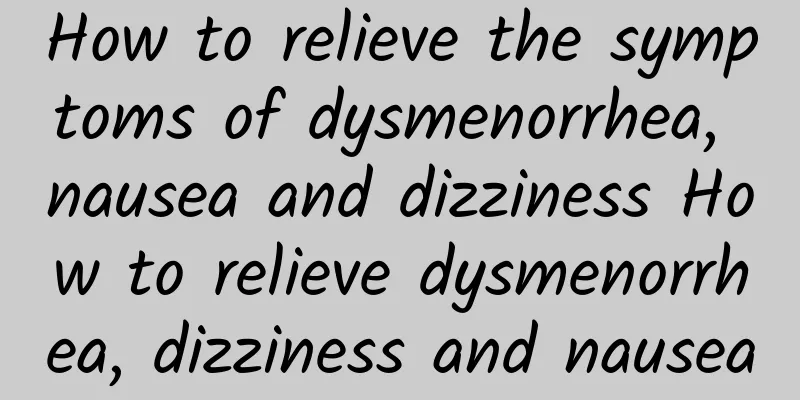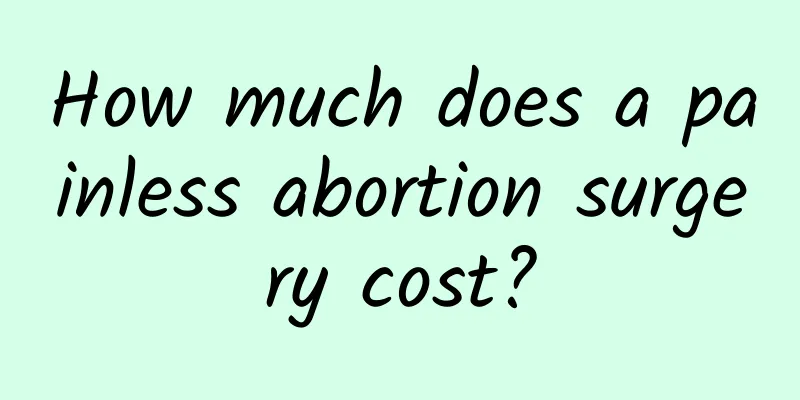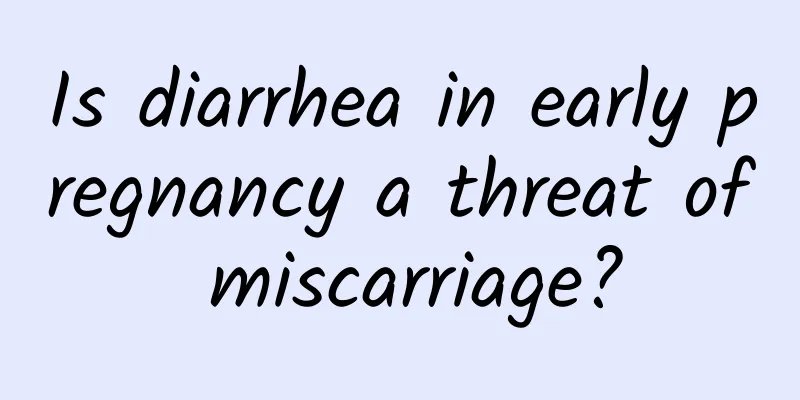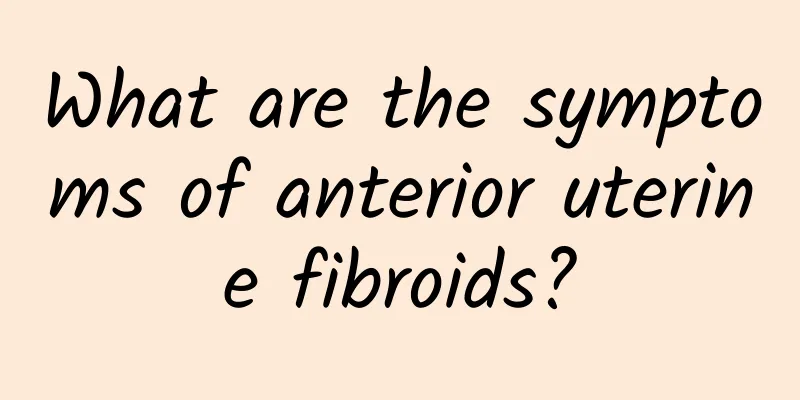New Taipei City random inspection: Convenience store rice balls contain excessive E. coli

|
In May, the New Taipei City Government Health Bureau sampled 29 rice products including sushi, rice balls, fried rice, and rice burgers in its jurisdiction. The inspection results found that 7-ELEVEN's "Royal Rice Ball Bacon Egg Salad" exceeded the standard for E. coli. The business was immediately asked to make improvements within a time limit. If the re-inspection still does not meet the regulations, it will be fined NT$30,000 to NT$150,000 in violation of Article 10 of the Food Sanitation Management Act. The New Taipei City Health Bureau sampled 7-ELEVEN's "Royal Rice Ball Bacon Egg Salad" and found that the E. coli group exceeded the standard. The business was immediately asked to make improvements within a specified period of time. (Photo courtesy of New Taipei City Health Bureau) Lin Guanzhen, chief of the Food and Drug Administration Department of the Health Bureau, pointed out that this time the random inspection was conducted on rice products sold in restaurants, convenience stores, schools, supermarkets, shopping malls and vendors. Among them, E. coli should be negative; the most accurate number of E. coli groups per gram must be below 1000 MPN/g, but the test found that the E. coli group of 7-ELEVEN's "Royal Rice Ball Bacon Egg Salad" was greater than 1100 MPN/g. The manufacturer is the Taipei plant of Uni-President Musashino Co., Ltd. E. coli and E. coli groups are often used as important indicators to monitor whether food is contaminated or whether there are any hygienic deficiencies in the production process. If the detected content exceeds the standard, it means that the food may be contaminated during the production process due to personnel hygiene, negligence, ingredients, utensils or packaging process. Improper storage at room temperature is more likely to promote the reproduction of microorganisms. The Department of Health also calls on the public to choose stores with clean and hygienic sales venues when selecting food, and to eat it as soon as possible after purchase. Any uneaten food should be refrigerated. The refrigerator temperature should be below 7°C to ensure the freshness and safety of the food. Business operators must pay attention to the management of water sources and food quality, storage temperature, production process, environmental hygiene (knives, drill boards, rags), etc. to ensure the hygiene of the products and prevent consumers from ingesting germs in the hot summer. |
<<: Food poisoning: 2 items of Sanhe Soymilk King in New Taipei City are unhygienic
>>: Lemons high in nobiletin help improve metabolism
Recommend
Are multiple ovarian cysts serious? How should they be treated?
Are multiple ovarian cysts serious? How should th...
Adolescent girls with irregular menstruation usually have menstruation that stops for several months after menarche.
Menstrual irregularities in teenage girls have be...
Should your knees not go beyond your toes when squatting? Doctor God Answers...
Whether the knees can go beyond the toes when squ...
What are the treatments for cervicitis?
With the quickening pace of life and the increasi...
What is the effect of chocolate cyst on pregnant women?
Chocolate cyst is a type of endometriosis. As lon...
Pay attention to the odor, a common symptom of vaginitis
Among the symptoms of vaginitis, odor is a common...
Stop watching and listening to lose weight and dispel 5 diet myths
On the road to weight loss, many people have expe...
What happens if you have cervicitis for the second time? What should you do?
What happens if you have cervicitis for the secon...
What is the best medicine for women with chronic cervicitis? Precautions for medication for women with chronic cervicitis
Chronic cervicitis is a common cervical gynecolog...
What to eat for menopausal syndrome
For many diseases, some auxiliary treatments unde...
What should I do if I have uterine fibroids? Are there any folk remedies for treating uterine fibroids?
Uterine fibroids are a common disease of the fema...
Is vulvar leukoplakia hereditary?
Is vulvar leukoplakia hereditary? In fact, this d...
What are the TCM syndrome differentiation and treatment methods for female cervicitis?
Once a woman suffers from cervicitis, she will be...
Uterine fibroids need surgery. What are the dietary taboos after uterine fibroid surgery?
Uterine fibroids are the most common benign tumor...
How to relieve dysmenorrhea? What are the methods to relieve dysmenorrhea?
Dysmenorrhea refers to the pain that occurs durin...









